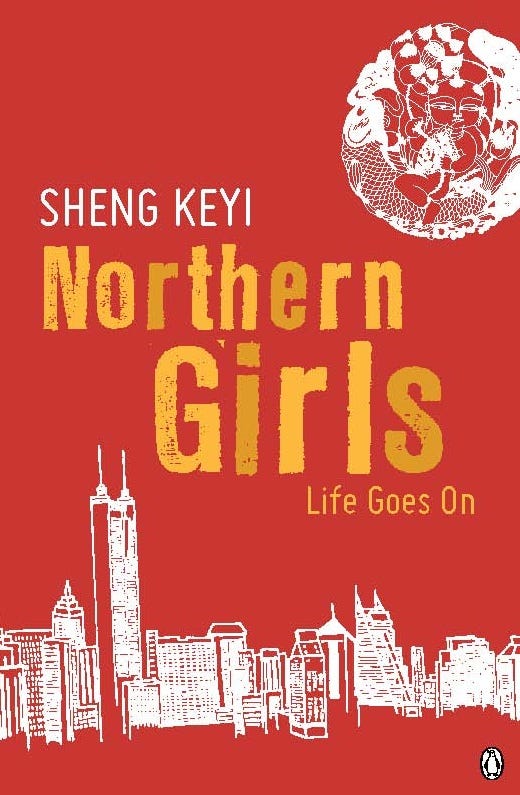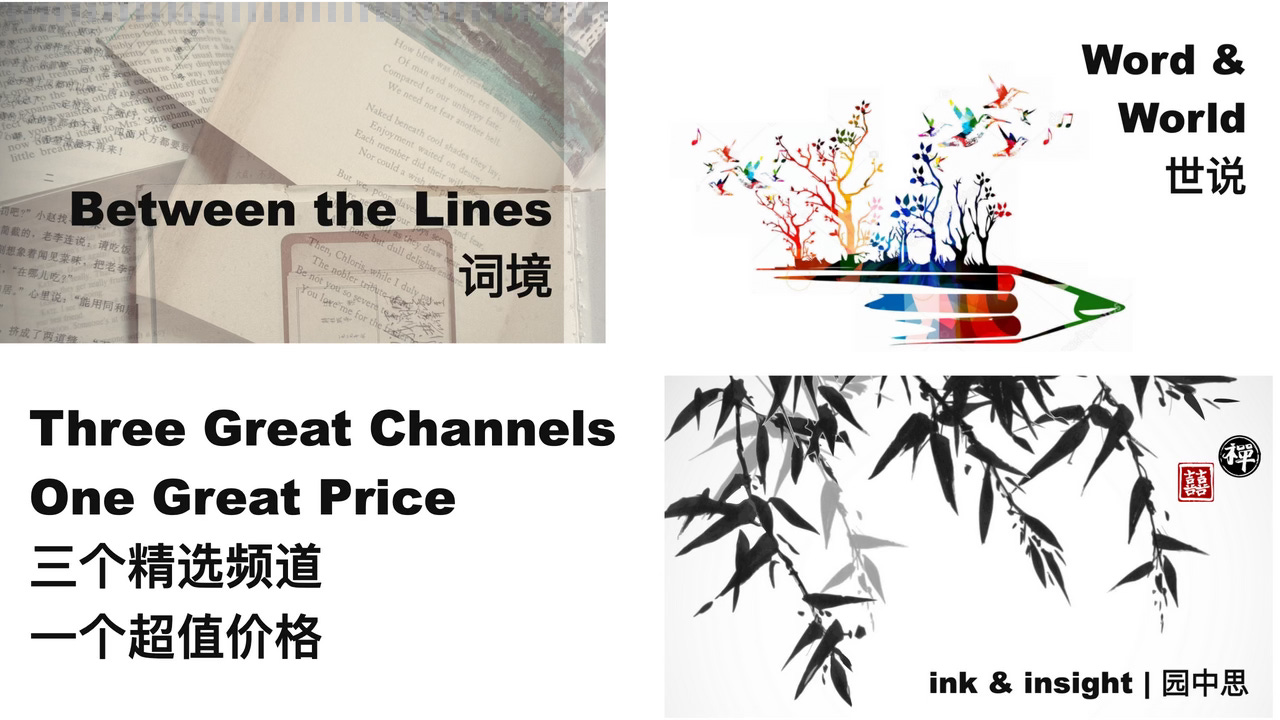There’s a moment, early in every translation, when the voice you’re carrying across begins to seep into your own. Not the literal voice — not just diction or syntax — but the posture of the voice, the worldview behind it. If you’re not careful, or perhaps if you are, that posture begins to echo in your own life.
It happened to me with Xu Zhimo.
He’s known for his flowing lyricism, of course, and his admiration of Shelley and Keats. But it wasn’t his Romantic influences that lingered with me — it was his particular form of restraint. A kind of gentle refusal to be consumed by bitterness, even when writing from the edge of longing. Translating his lesser-known pieces, I found myself noticing how often he would hold back, stop short, or choose lightness instead of weight.
And I began to do the same.
In my own life, I noticed a change. Where once I might have answered sharply, I paused. Where I might have pursued the last word, I softened it. Not because I was trying to become him, but because the echo of his sensibility had taken up residence somewhere quiet in me.
This is something few people tell you about translation: it doesn’t just reshape the text — it reshapes you.
It happens again and again. When I was working on Lu Xun, the opposite occurred. My sentences became taut, sharpened. I started noticing systems more clearly, seeing behind polite words to the structures beneath. Lu Xun does that to you. He doesn't let you coast.
And in a rather funny example, I was once translating a book about a faraway place on another continent. It was obsessive, exploring this place from multiple angles, and diving deep into the lore of it all. I found myself thinking about it all the time, feeling drawn to go and visit this place. I told a friend I was thinking about visiting, and she said, “OK. Hm. I thought your schedule would be a bit too busy to fit that in now?” I responded, “I don’t have time, and honestly, I don’t want to go, but I can’t stop thinking about visiting.” That’s how deeply that translation project affected me — I became totally obsessed with visiting a place I didn’t even want to visit.
Perhaps the most profound example was when I was working on my first book-length translation, Sheng Keyi’s Northern Girls. I was dreaming one night of two people I didn’t know, and I could only vaguely hear their voices at first. As I drew nearer to the two young women, I heard their accents — they were from Hunan! It was Qian Xiaohong and Li Sijiang! The two main characters from Northern Girls! I was thrilled — at last I would get to meet them! They had become so much a part of my psyche that I was dreaming about them, and the encounter felt so real.
Translation is often described as fidelity, or as bridge-building, or as an act of service. And it is all those things. But it’s also an infiltration. You let someone else’s thought patterns run parallel to your own for months, sometimes years. You internalize their timing, their temperament. Eventually, it becomes hard to remember where your voice stops and theirs begins.
That’s why, over time, I’ve found myself wanting to focus more on creating my own work — not to leave translation behind, but to understand what remains after translation. What of me is still mine? What of me is now refracted through dozens of voices I’ve carried?
The subscription channels I’ve built are part of this response. A space not just to present polished literary artifacts, but to reflect on how stories, styles, and sensibilities pass through us. To see how far the ripples travel. And sometimes, to notice the quiet ways we begin to resemble the authors we once thought we were merely delivering.
Because sometimes, the most lasting transformation doesn’t come from a new language.
It comes from learning how to listen differently — until what you hear shapes how you speak.
©2025 Shelly Bryant




This is such a testament to the importance of being aware of and thoughtful about what we choose to feed our minds! The people we associate with, the media we allow in, even the "first thought" habits we've developed -- they all shape us, often without our awareness.